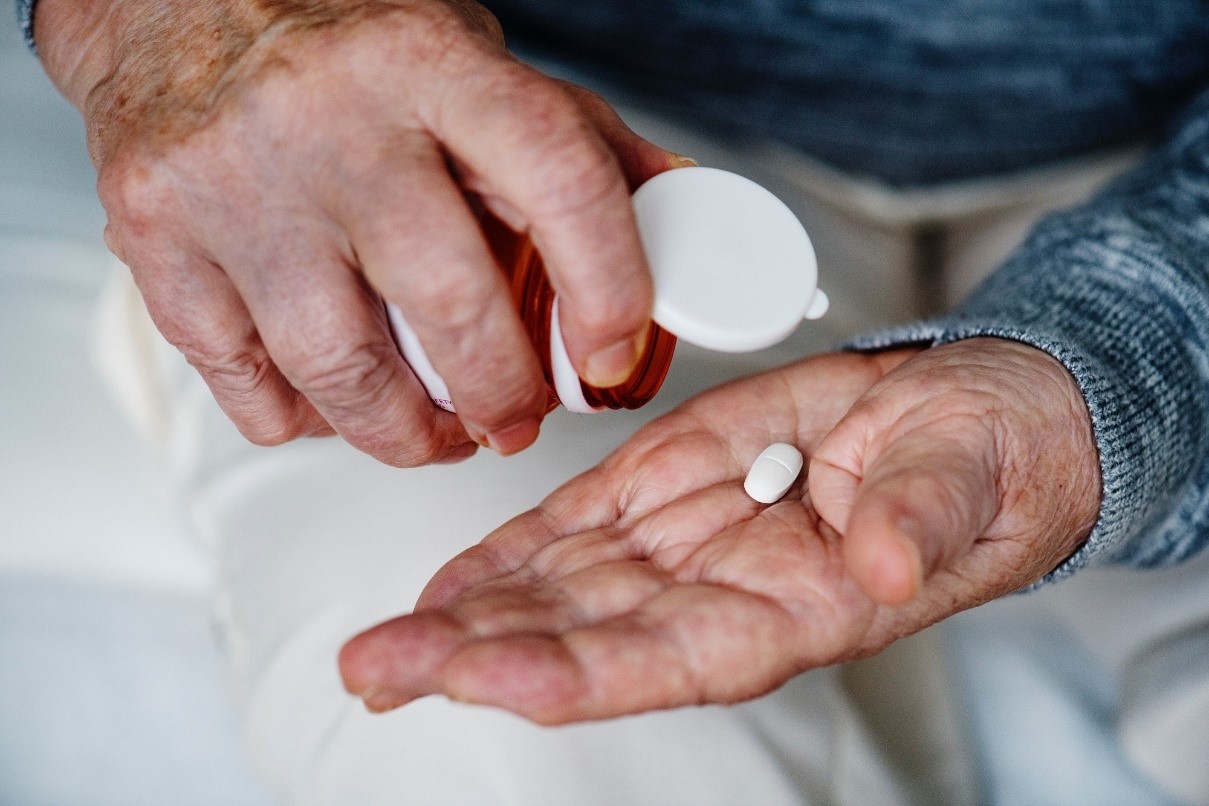October is Breast Cancer Awareness Month. Although Breast Cancer can be found in men as well, it is the most common cancer in Women. About 1 in 8 U.S. women will develop invasive breast cancer over the course of their lifetime. Breast cancer is a disease I am familiar with. I have had 6 people in my life diagnosed with breast cancer at all stages and are all survivors and cancer free today! However, although they won that battle, watching what they had to endure was terrible.
Simplefill is made up of almost all woman and we feel passionate about doing our part in spreading the awareness of this disease.
Let’s first start with the facts.
• In the US, 1 in 8 women will be diagnosed with breast cancer in their lifetime.
• The most significant risk factors for breast cancer are being female and aging. About 95% of all breast cancers in the US occur in women 40 and older.
• Getting a mammogram can help reduce the number of deaths from breast cancer by 30 to 40% among women ages 40 to 70.
• Breast cancer deaths have been declining since 1990 thanks to early detection, better screening, increased awareness, and new treatment options. Contact Simplefill if you have been prescribed a medication you cannot afford.
• Each year it is estimated that over 220,000 women in the United States will be diagnosed with breast cancer and more than 40,000 will die.
• Breast cancer is the second leading cause of death among women.
• In the US today, there are more than 2.9 million breast cancer survivors — the largest group of all cancer survivors.
• One woman will die of breast cancer every 13 minutes in the US.
• Every 19 seconds, someone in the world is diagnosed with breast cancer.
• A man’s lifetime risk of breast cancer is about 1 in 1,000.
Breast Cancer Risk Factors
Take a minute to read through these protective steps you can take that can help keep your risk as low as possible.
• Limit alcohol. The more you drink, the higher the risk. The general recommendation is 1 drink per day.
• Don’t smoke. C’mon people, you know this! Don’t smoke. If you are having a hard time beating this habit. Contact us about getting help with Chantix – a medication proven to help patients kick the habit. APPLY HERE
• Control your weight. Again, you know this! Being overweight or obese increases the risk of breast cancer and can cause many other negative health factors.
• Be physically active. Physical activity can help you maintain a healthy weight, which, in turn, helps prevent breast cancer. For most healthy adults, the Department of Health and Human Services recommends at least 150 minutes a week of moderate aerobic activity or 75 minutes of vigorous aerobic activity weekly, plus strength training at least twice a week.
• Breast-feed. If you can do this, then I would recommend it. However this is a touchy subject since there is a lot of unnecessary pressure put on moms and if this is not an option, don’t stress yourself out. Like you don’t have enough on your plate already!
• Limit dose and duration of hormone therapy. Combination hormone therapy for over three years increases the risk of breast cancer. If you’re taking hormone therapy for menopausal symptoms, ask your doctor about other options. If you decide that the benefits of short-term hormone therapy outweigh the risks, use the lowest dose that works for you.
• Avoid exposure to radiation and environmental pollution. Medical-imaging methods, such as computerized tomography, use high doses of radiation. Some research indicates a link between breast cancer and radiation exposure. Reduce your exposure by having such tests only when absolutely necessary.
• Be vigilant about breast cancer detection. If you notice any changes in your breasts, such as a new lump or skin changes, consult your doctor. Also, ask your doctor when to begin mammograms and other screenings based on your personal history.
Simplefill is a full-service prescription assistance company that is dedicated to making prescribed medications affordable for our members. We have been able to help many of our patients afford their treatments.
The following is a list of medications that we can help with. If you need help with a medication that is not listed on here, Contact Us to find out if we can still help.
Drugs Approved to Prevent Breast Cancer
• Evista (Raloxifene Hydrochloride)
• Keoxifene (Raloxifene Hydrochloride)
• Nolvadex (Tamoxifen Citrate)
Drugs Approved to Treat Breast Cancer
• Abitrexate (Methorexate)
• Abraxane
• Afinitor
• Arimidex (Anastrozole)
• Aromosin
• Cabectabine
• Cytoxan (Cyclophosphamide)
• Faslodex
• Femara (Letrozole)
• Gemzar (Gemcitabine Hydrochloride)
• Herceptin (Trastuzumab)
• Ibrance (Palbociclib)
• Megestrol Acetate
• Nolvadex (Tamoxifen Citrate)
• Taxotere (Docetaxel)
• Tykerb (Lapatinib Ditosylate)
• Xeloda (Capecitabine)
• Zoladex (Gosereline Acetate)
Call Simplefill today to learn how we can help. 1-877-386-0206 Ext. 1










